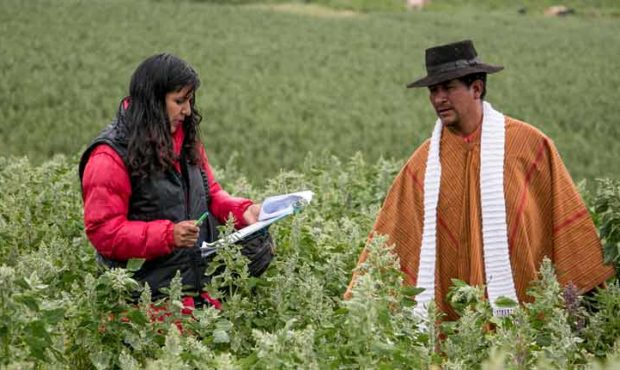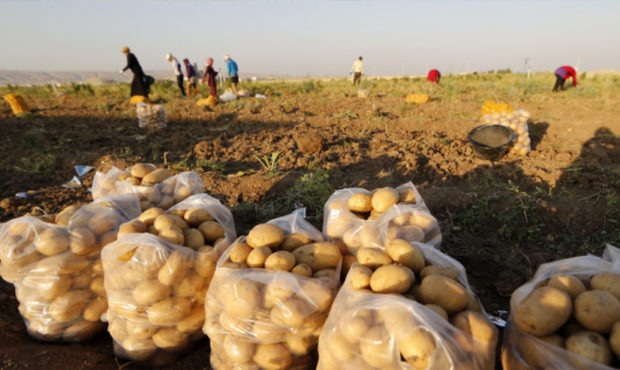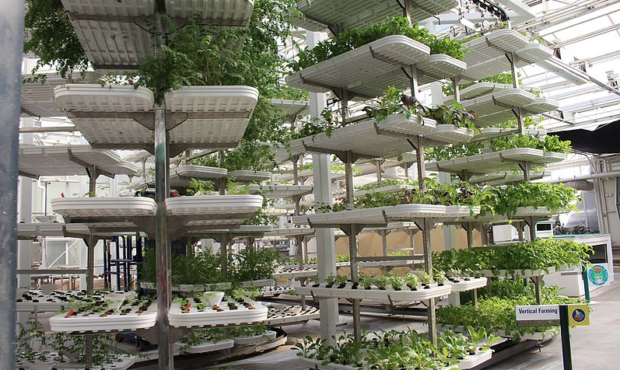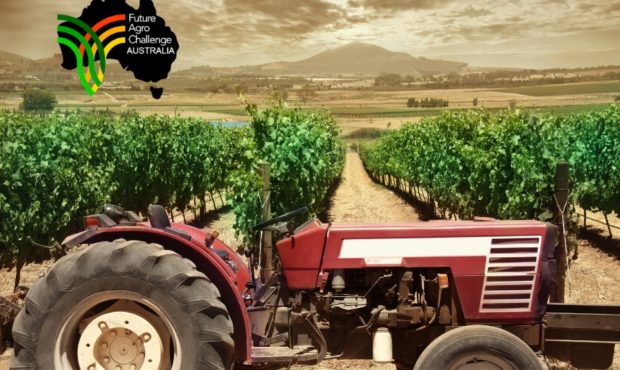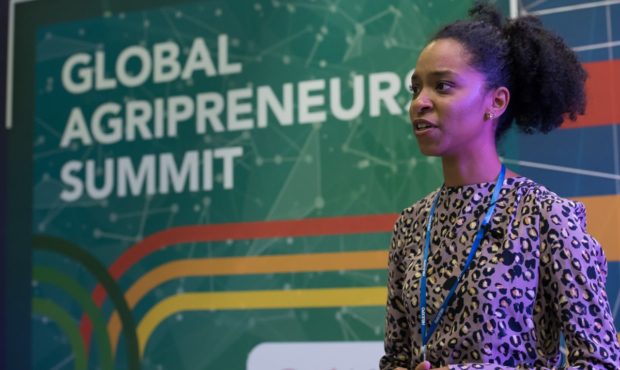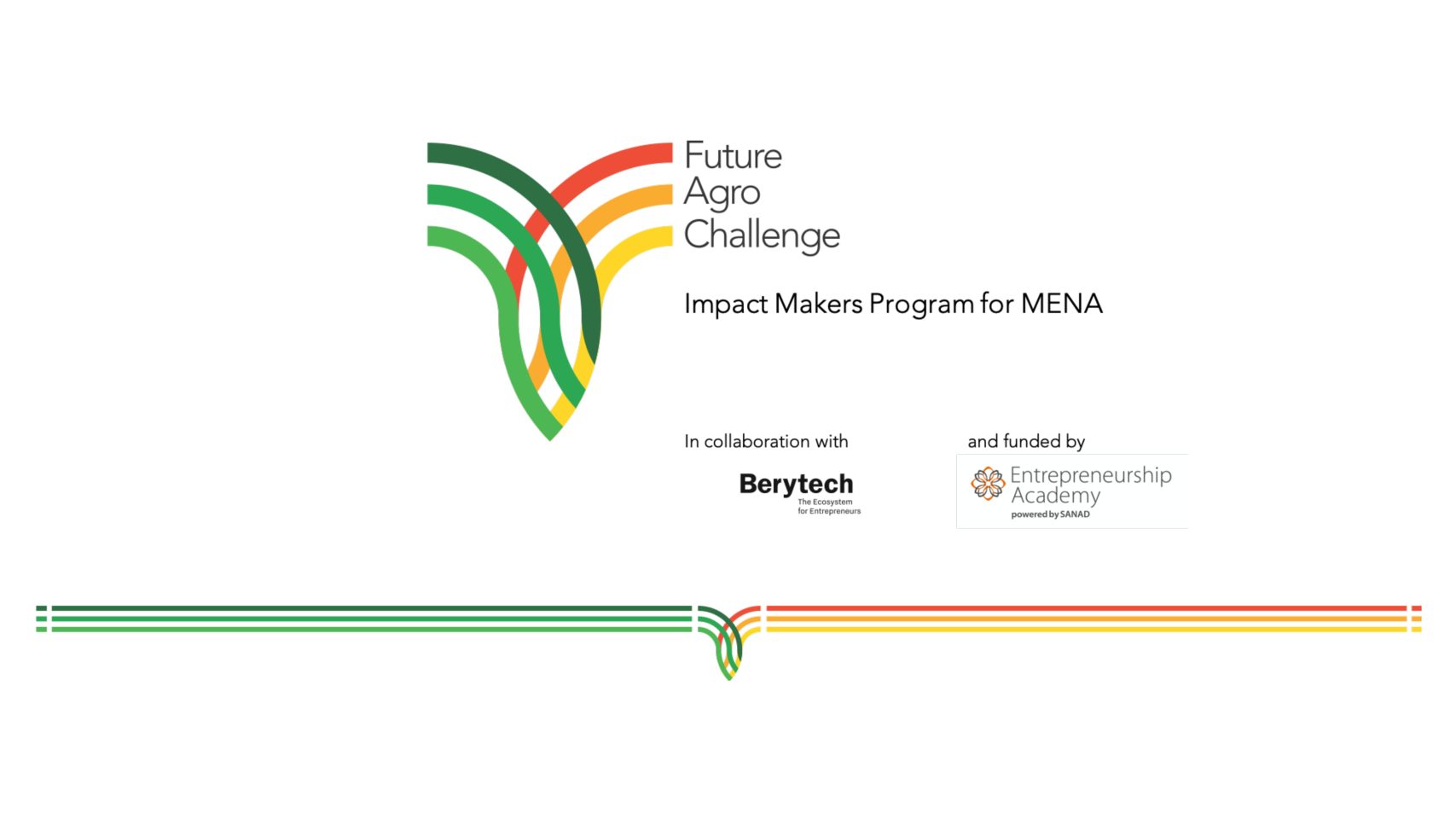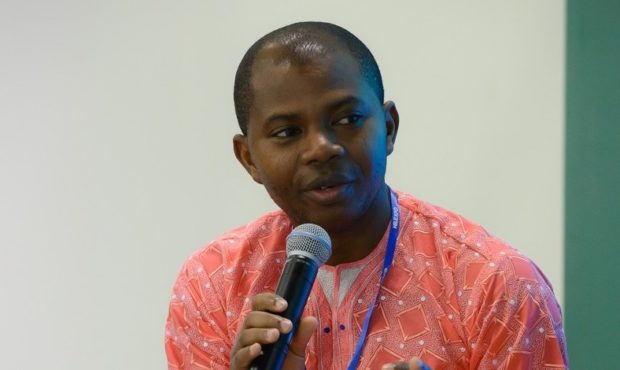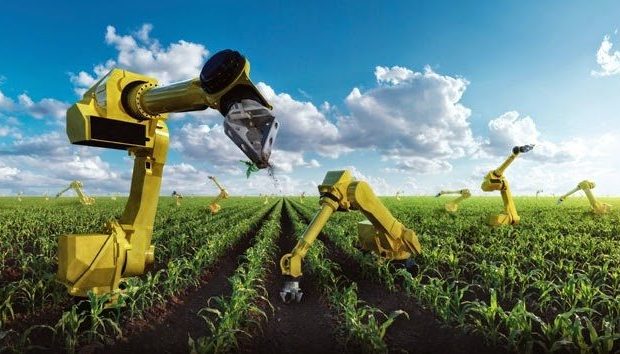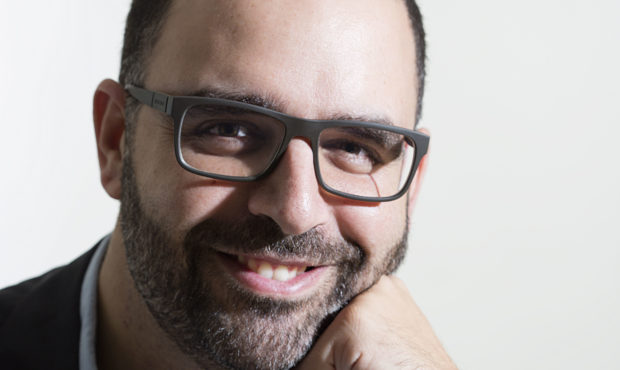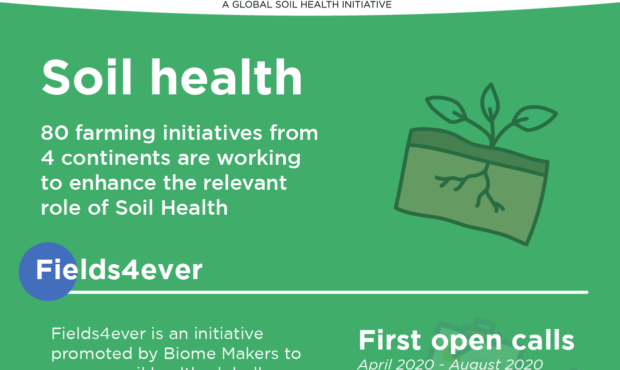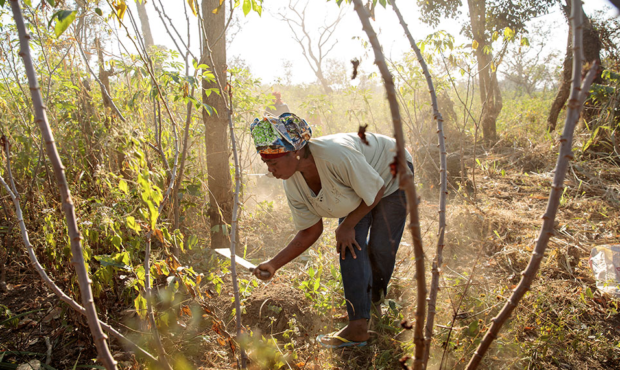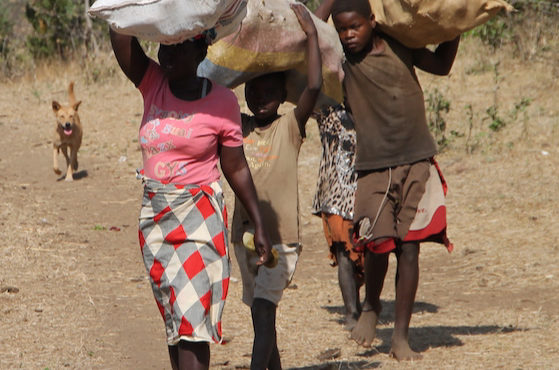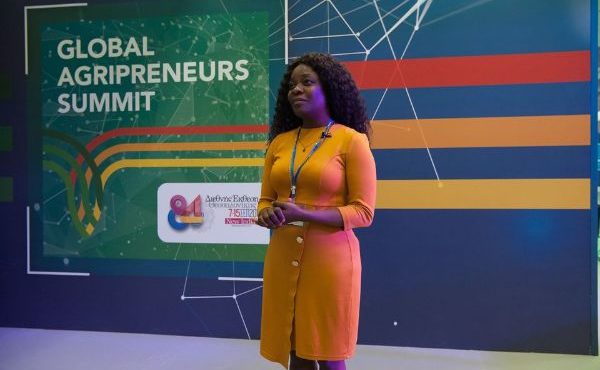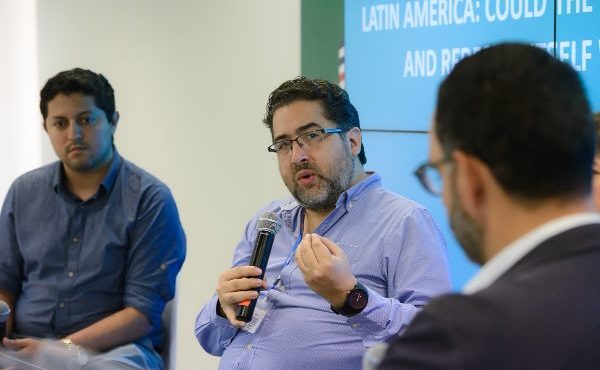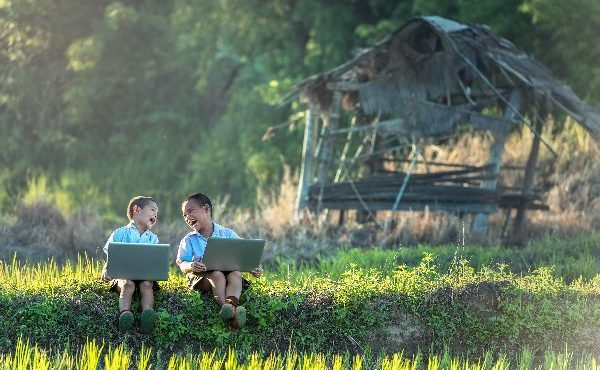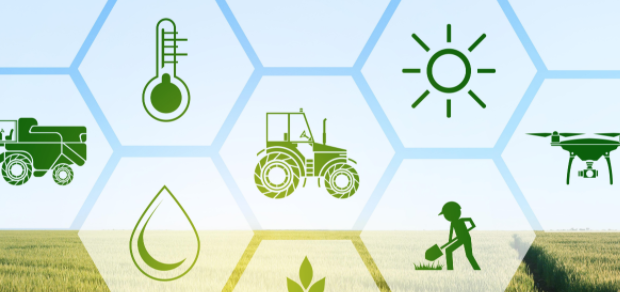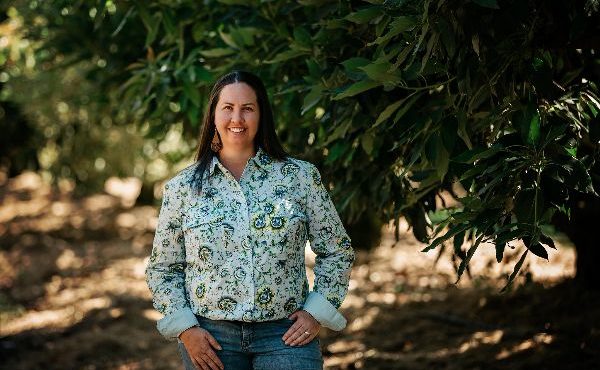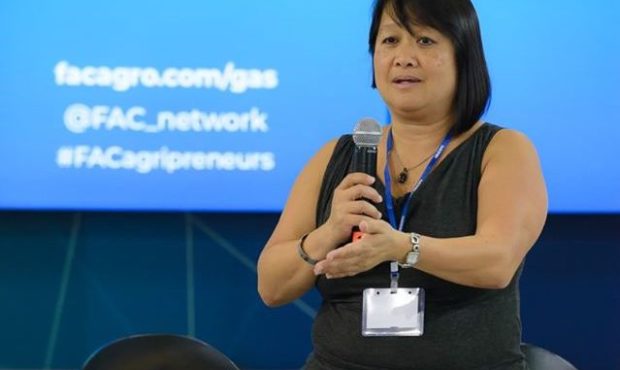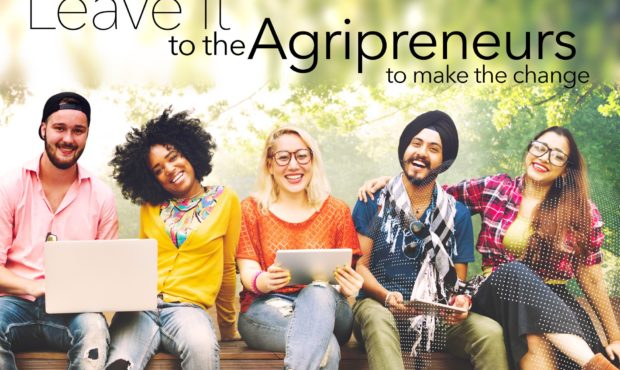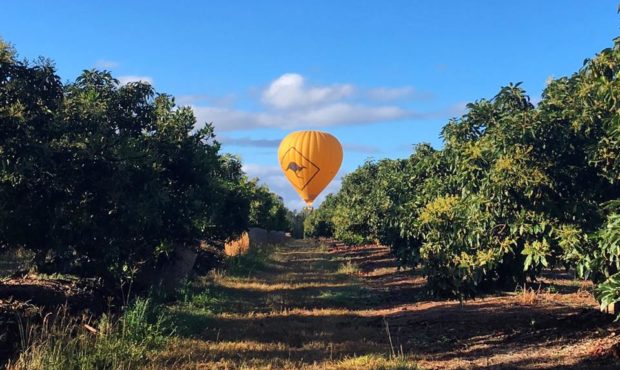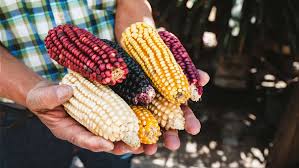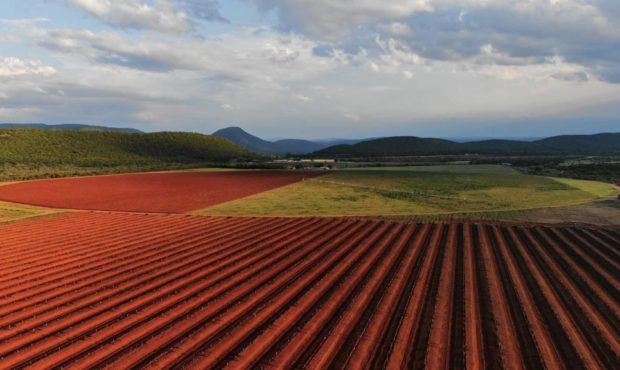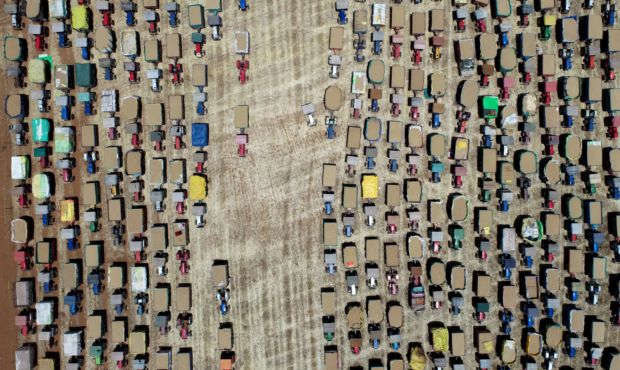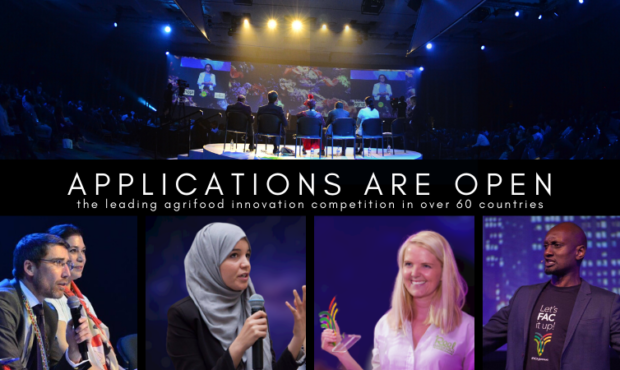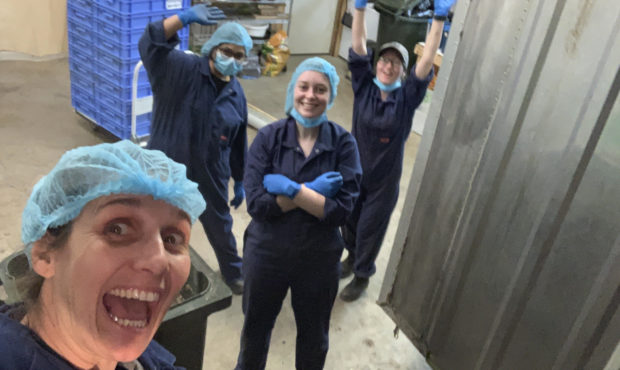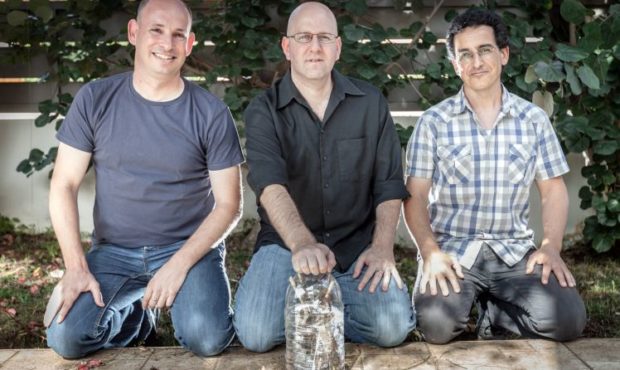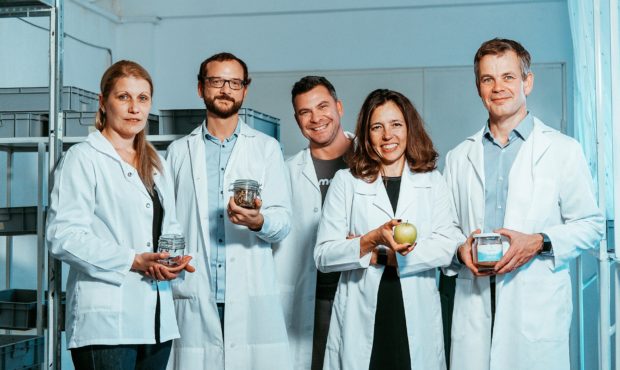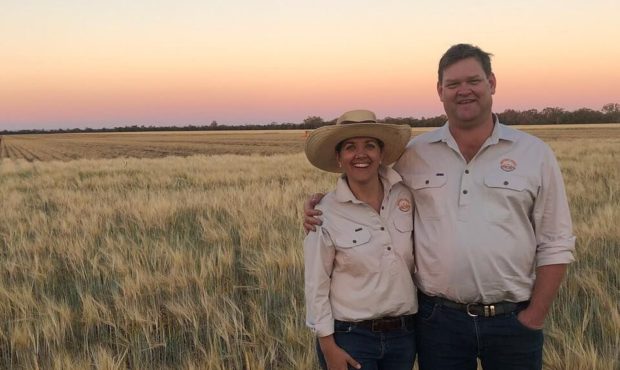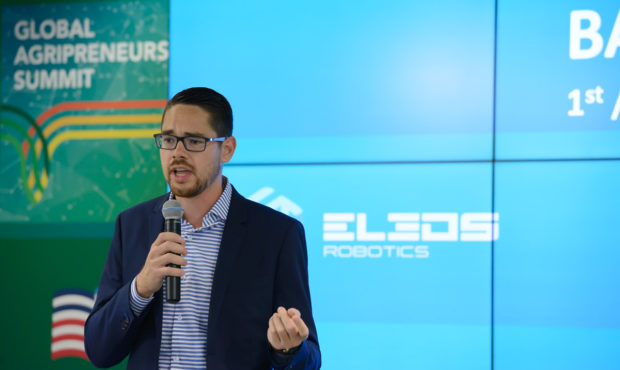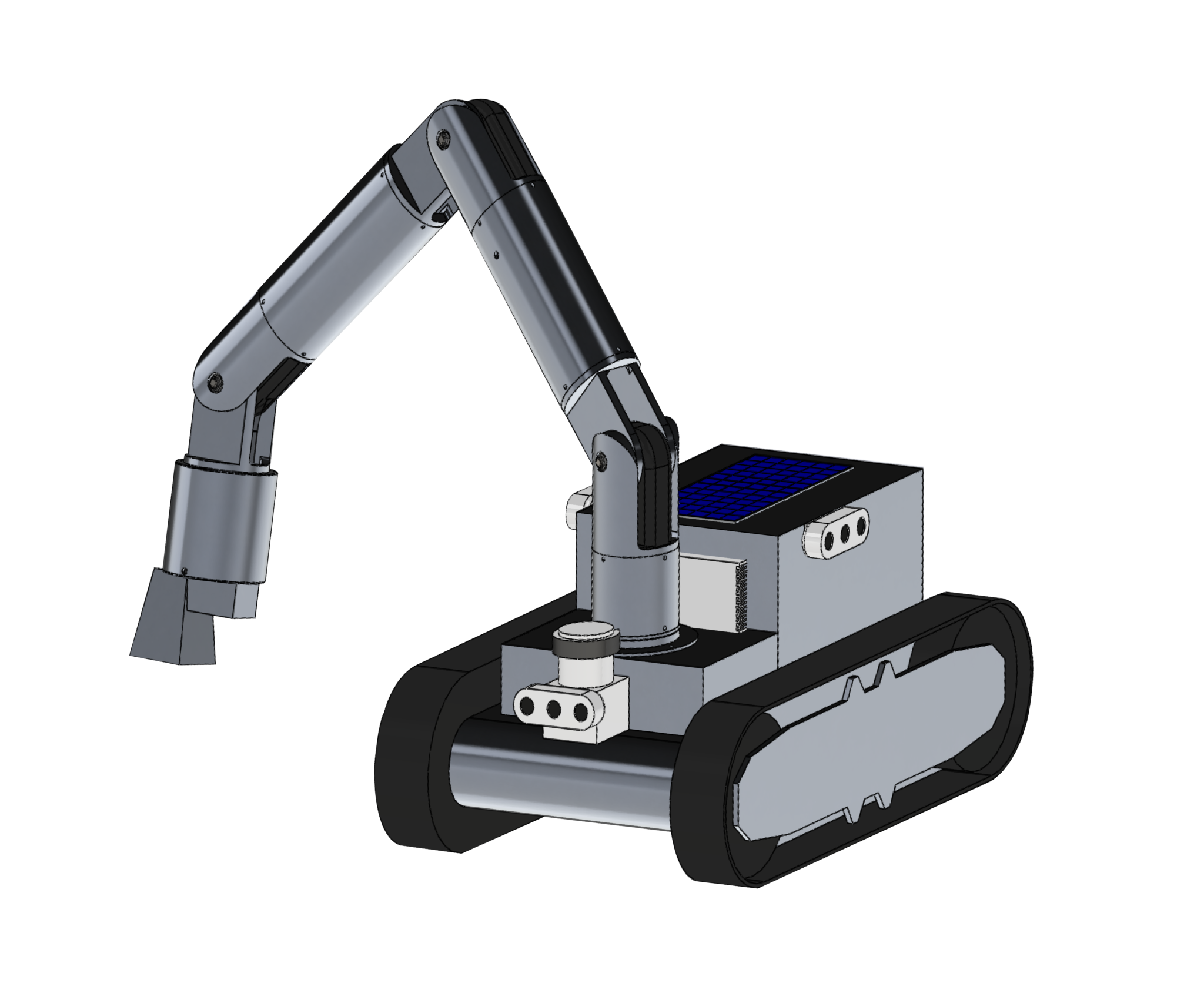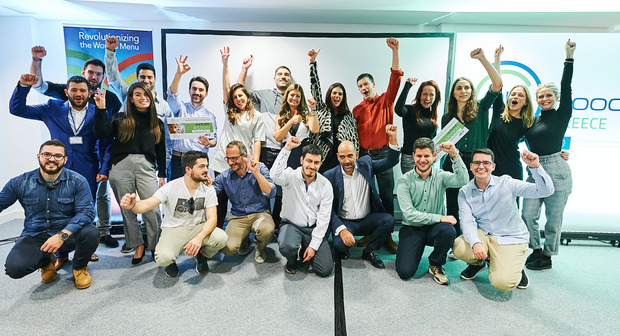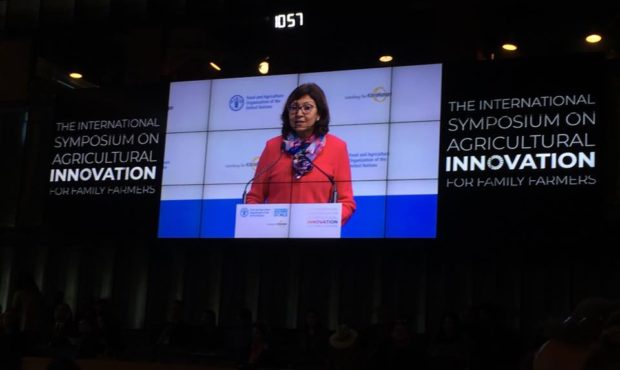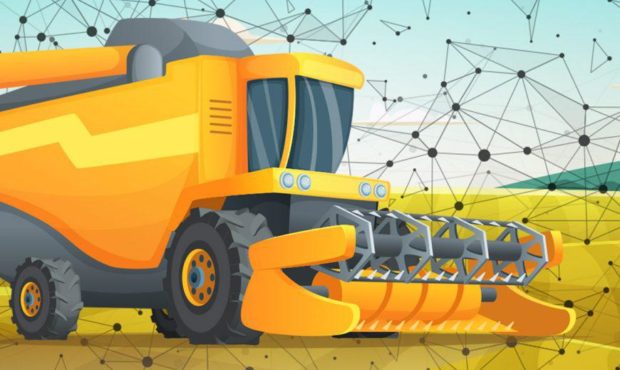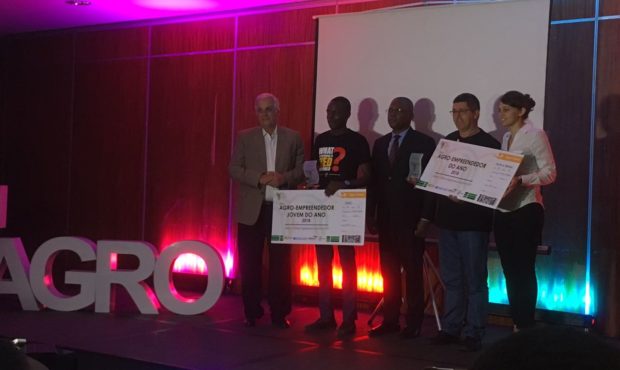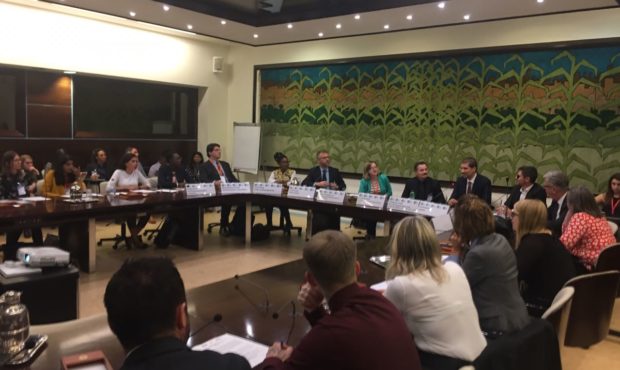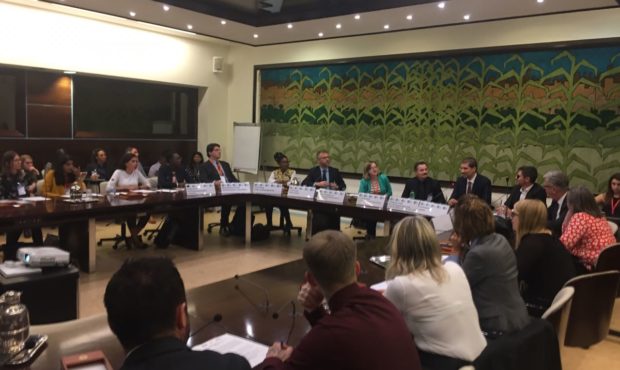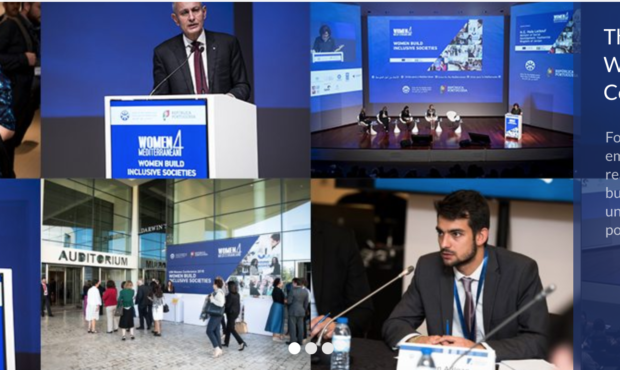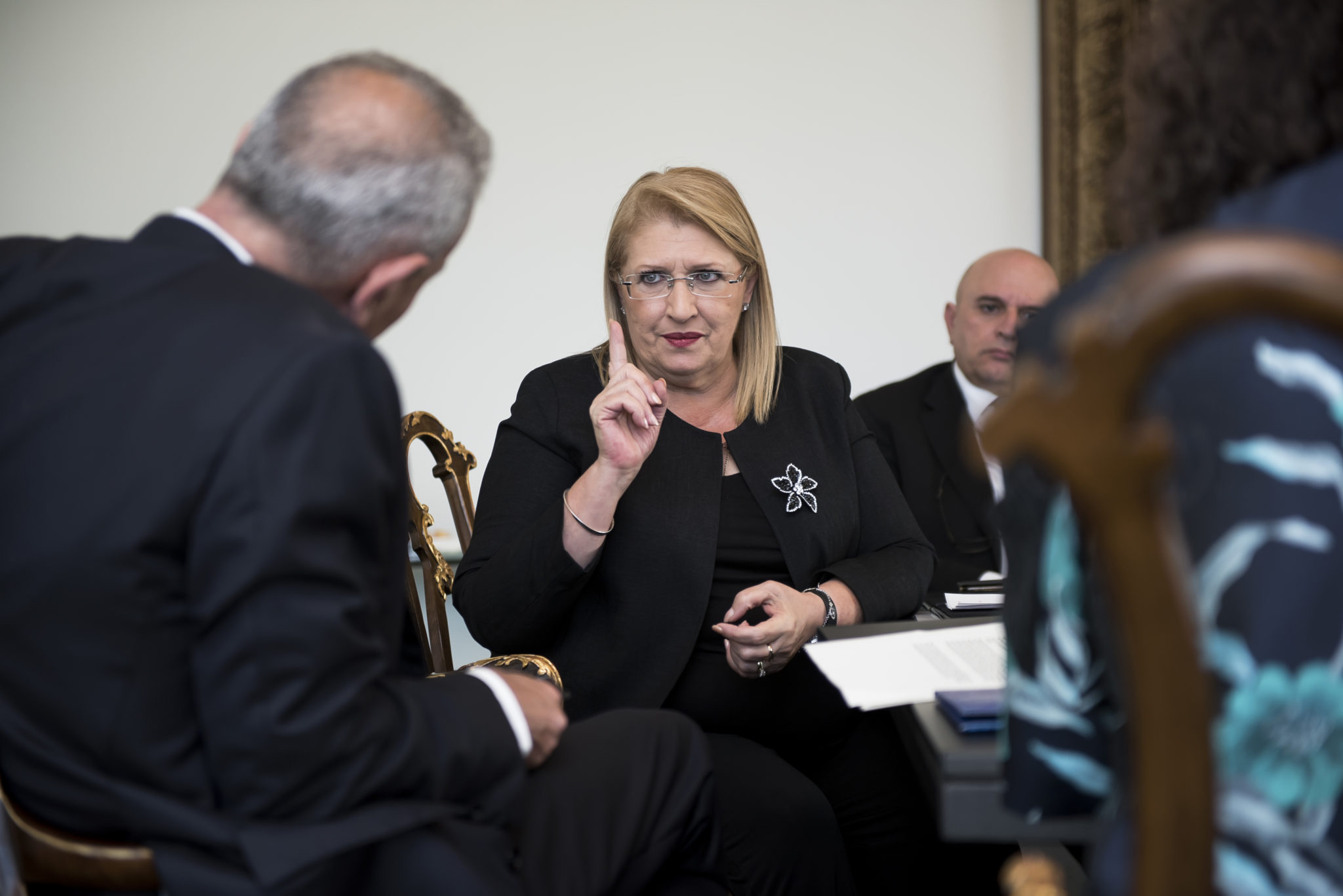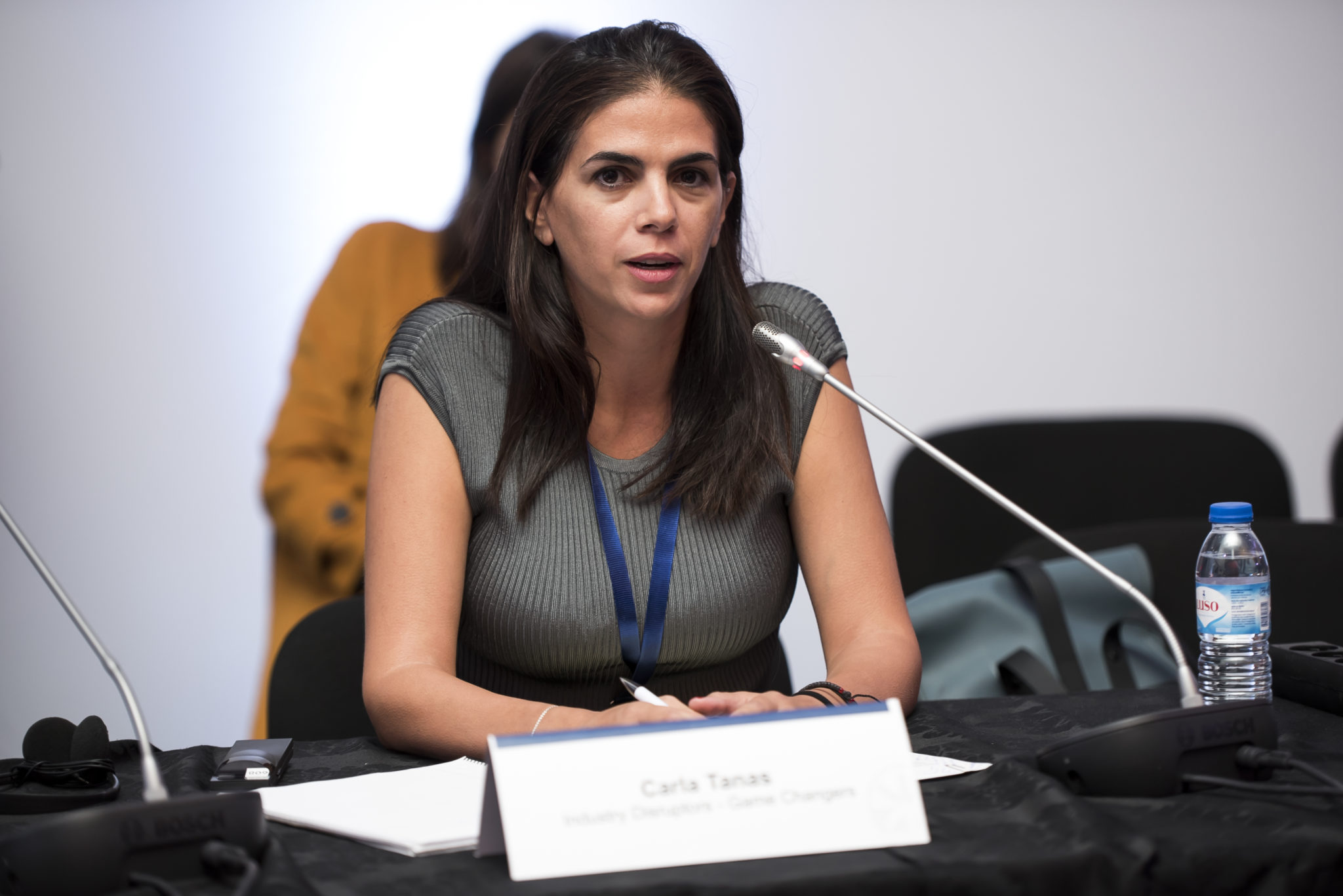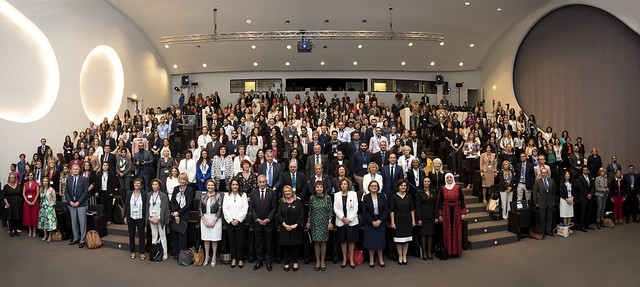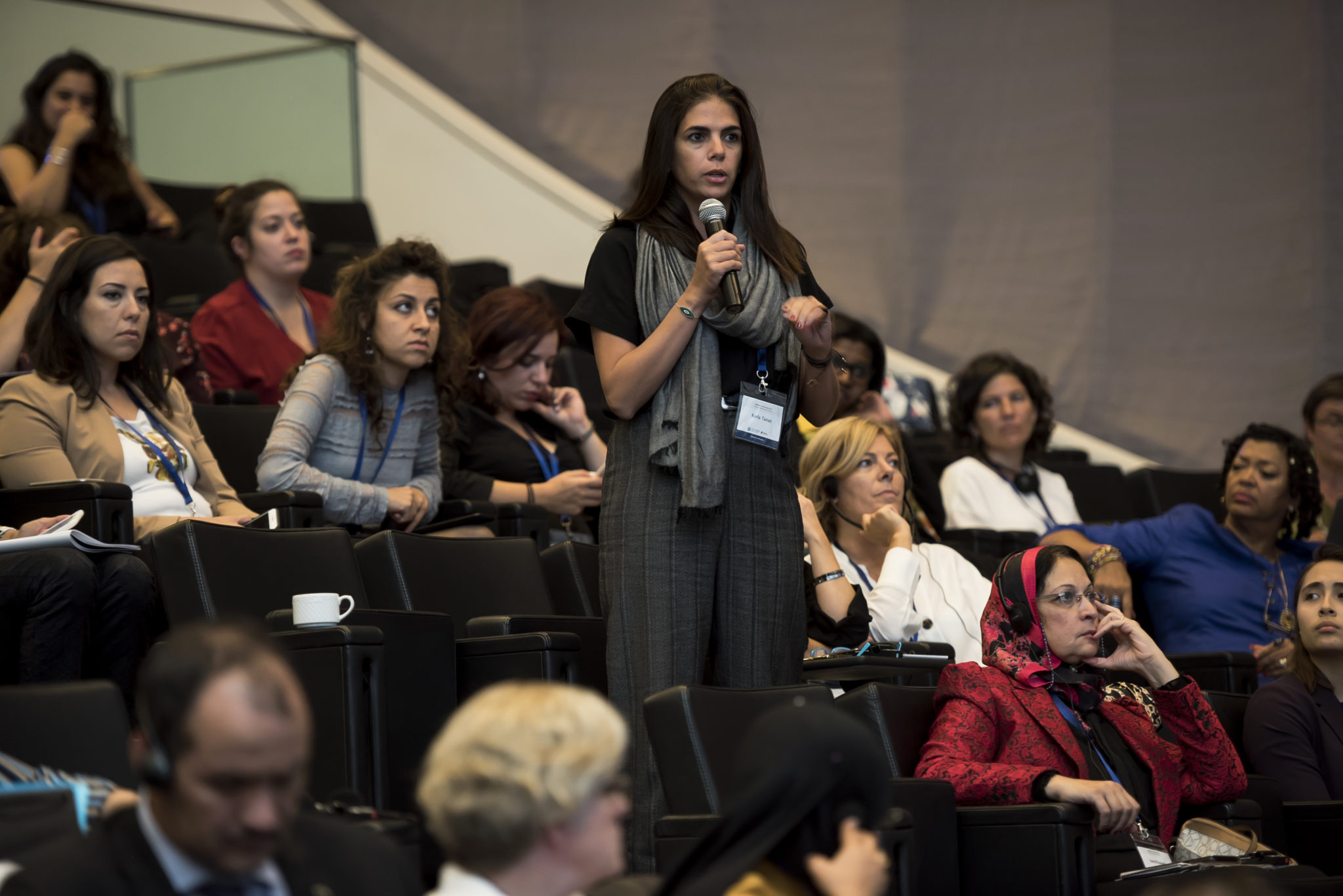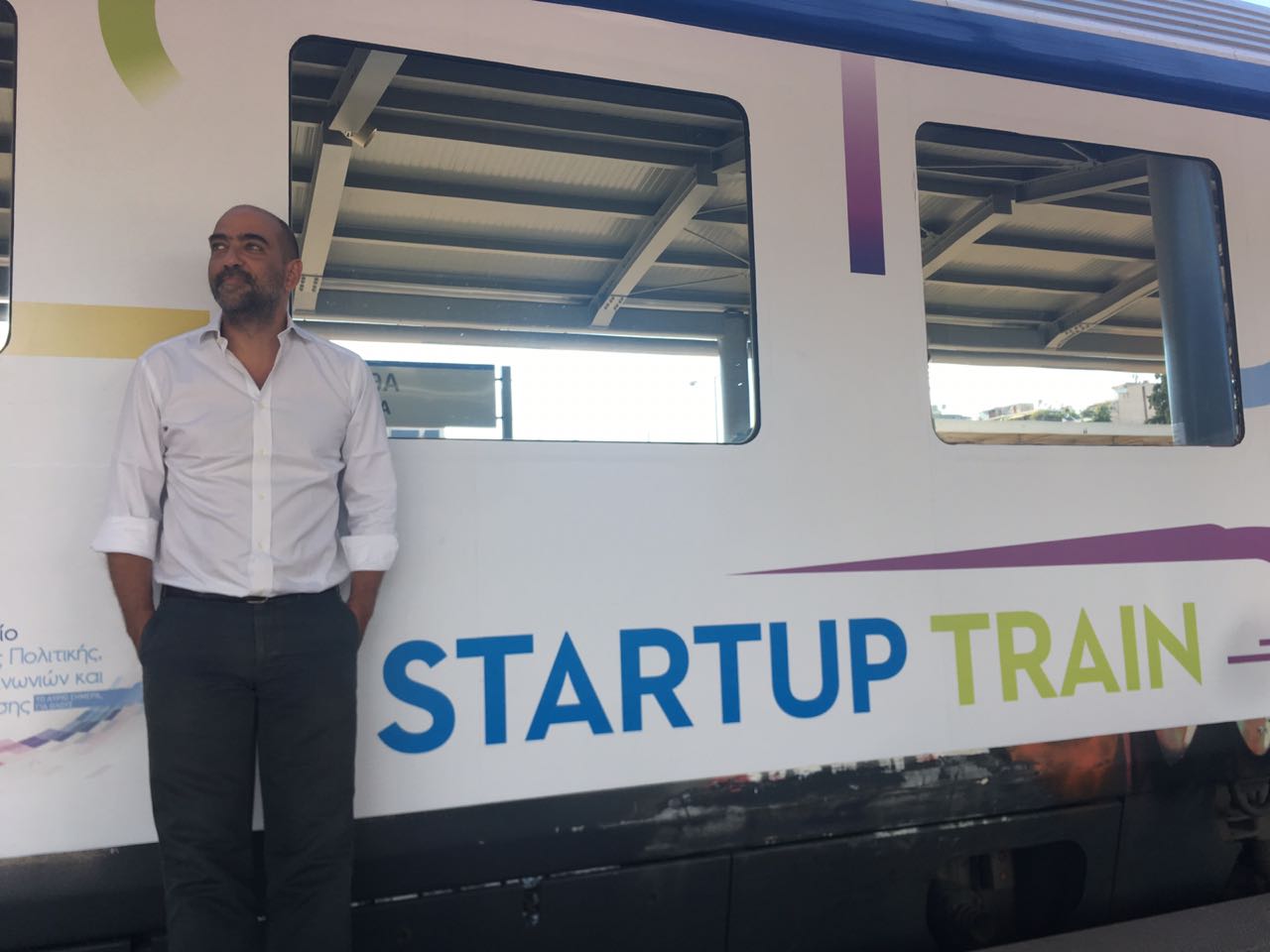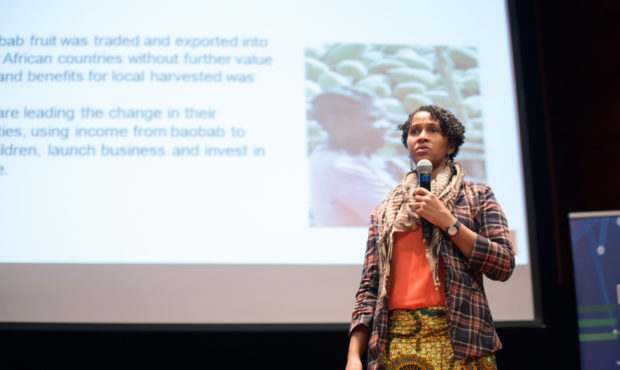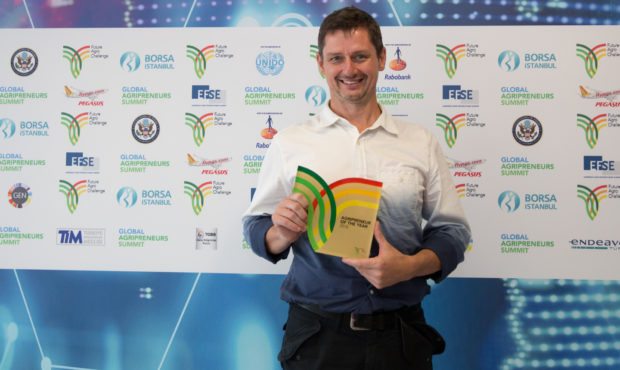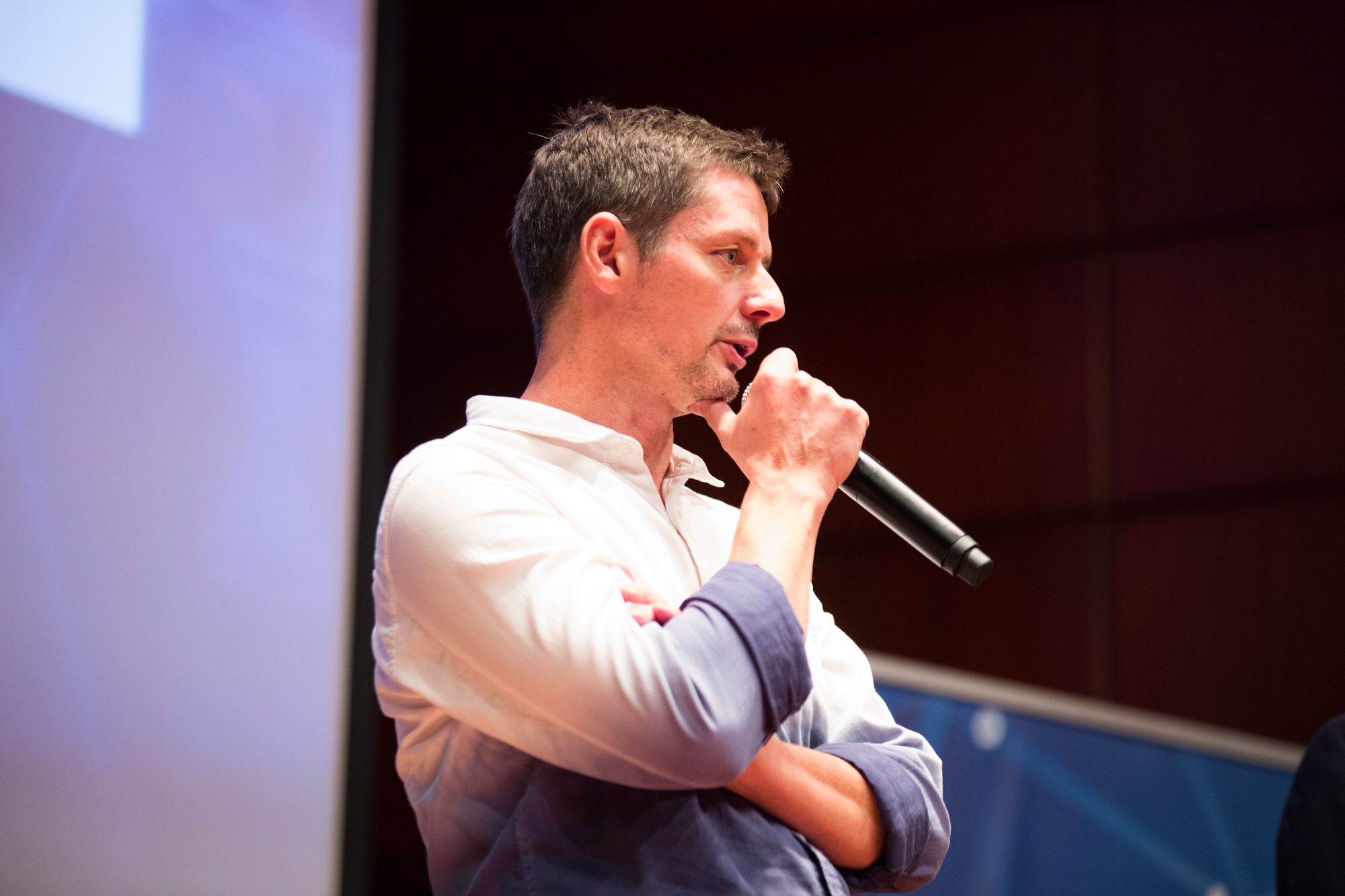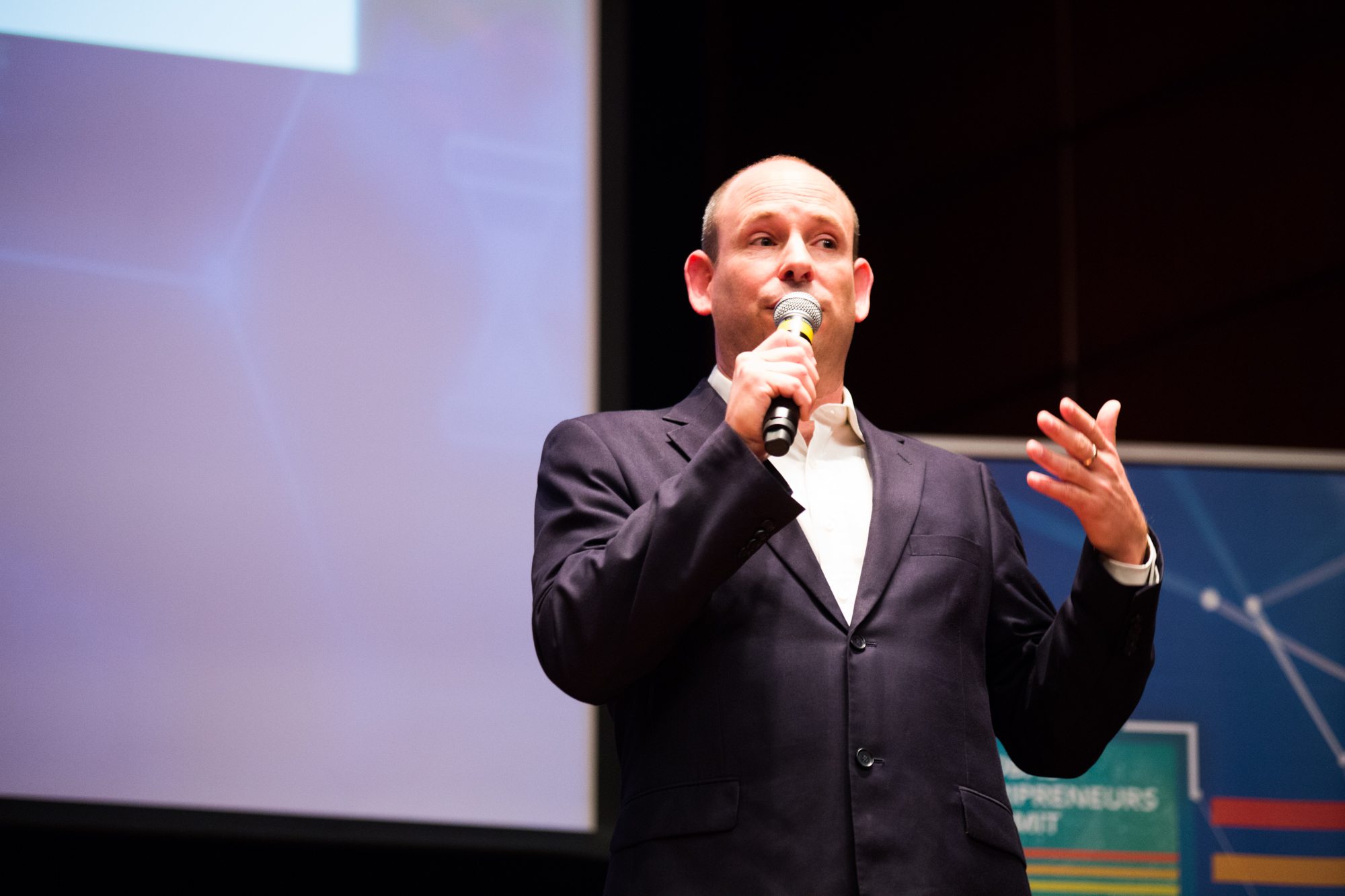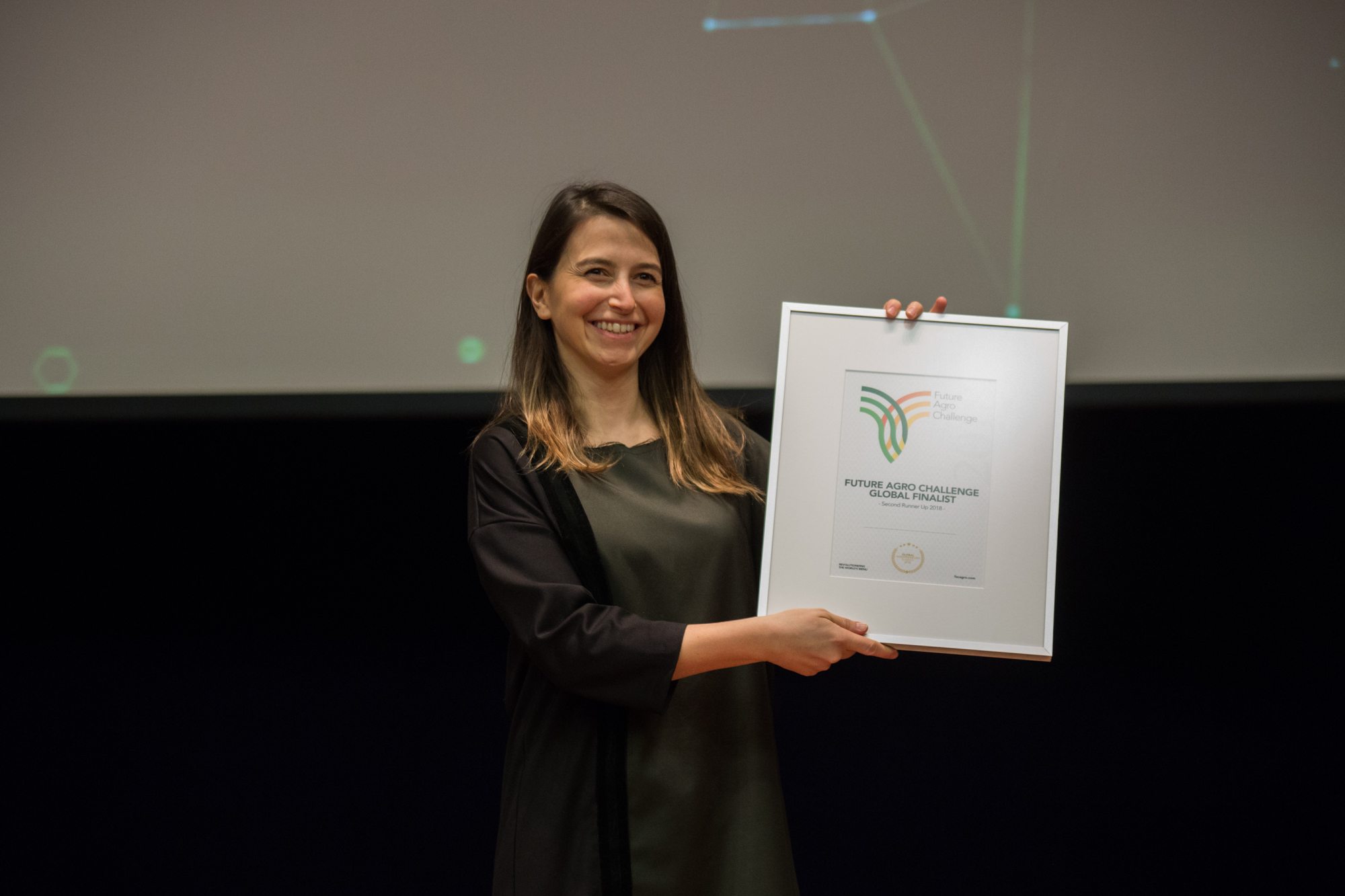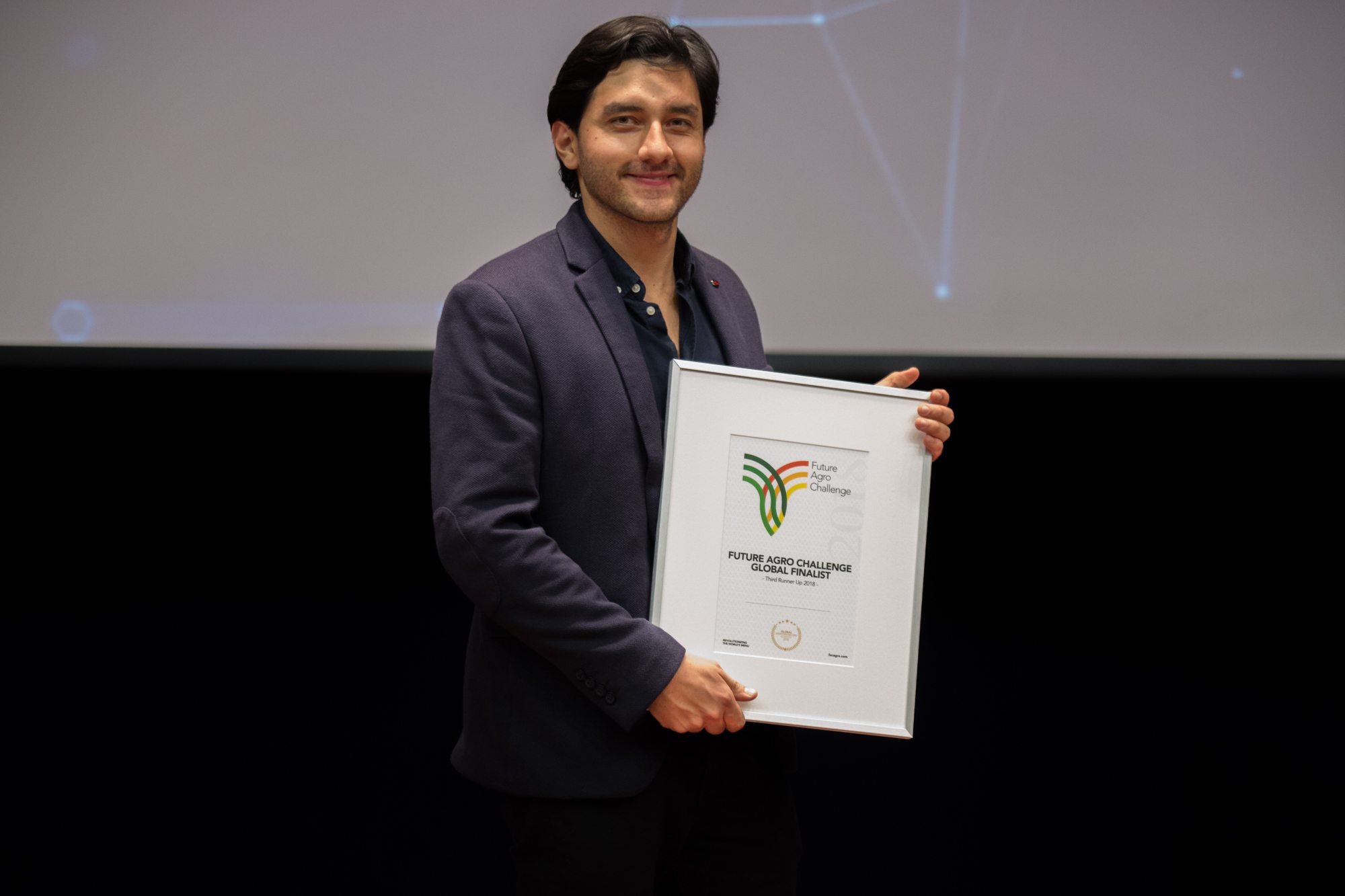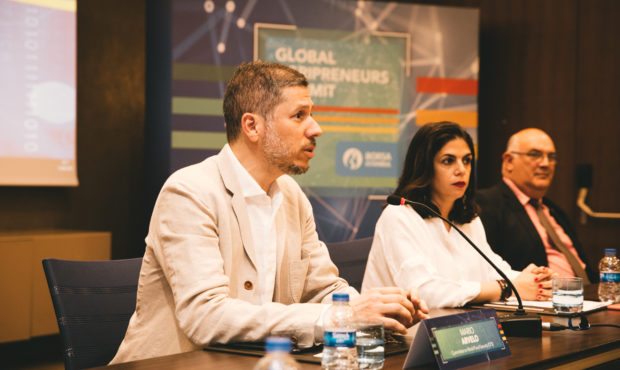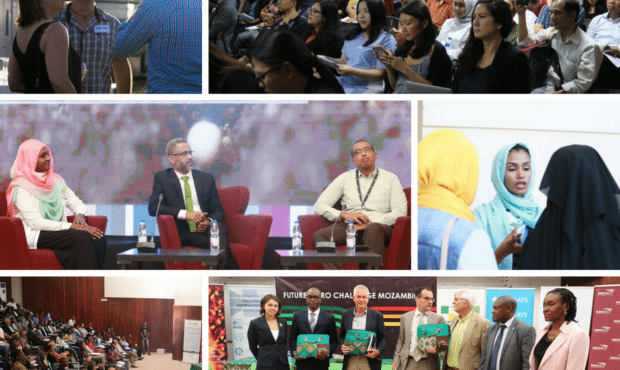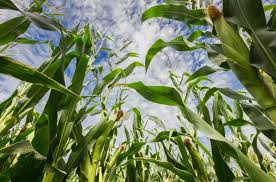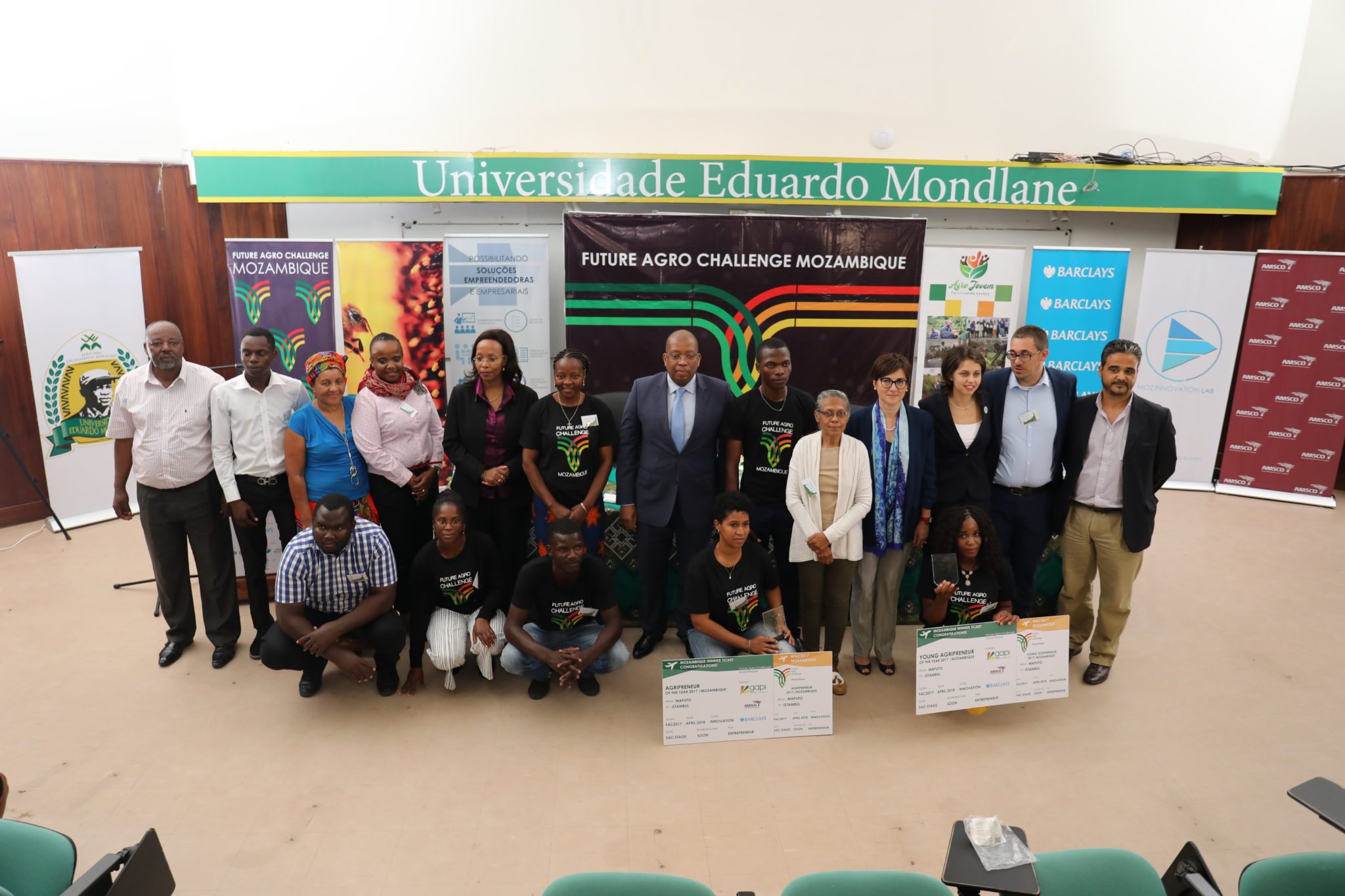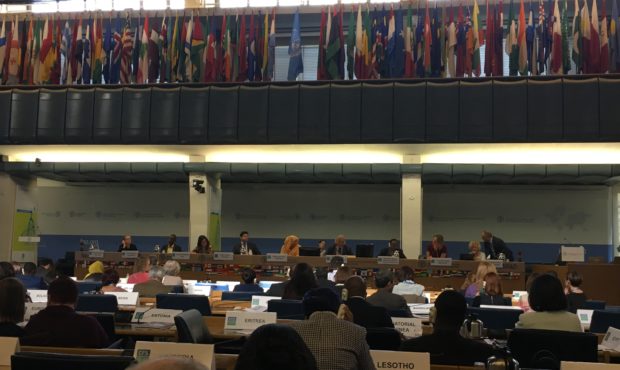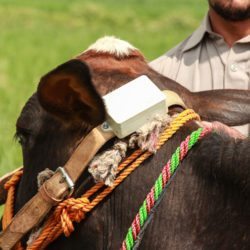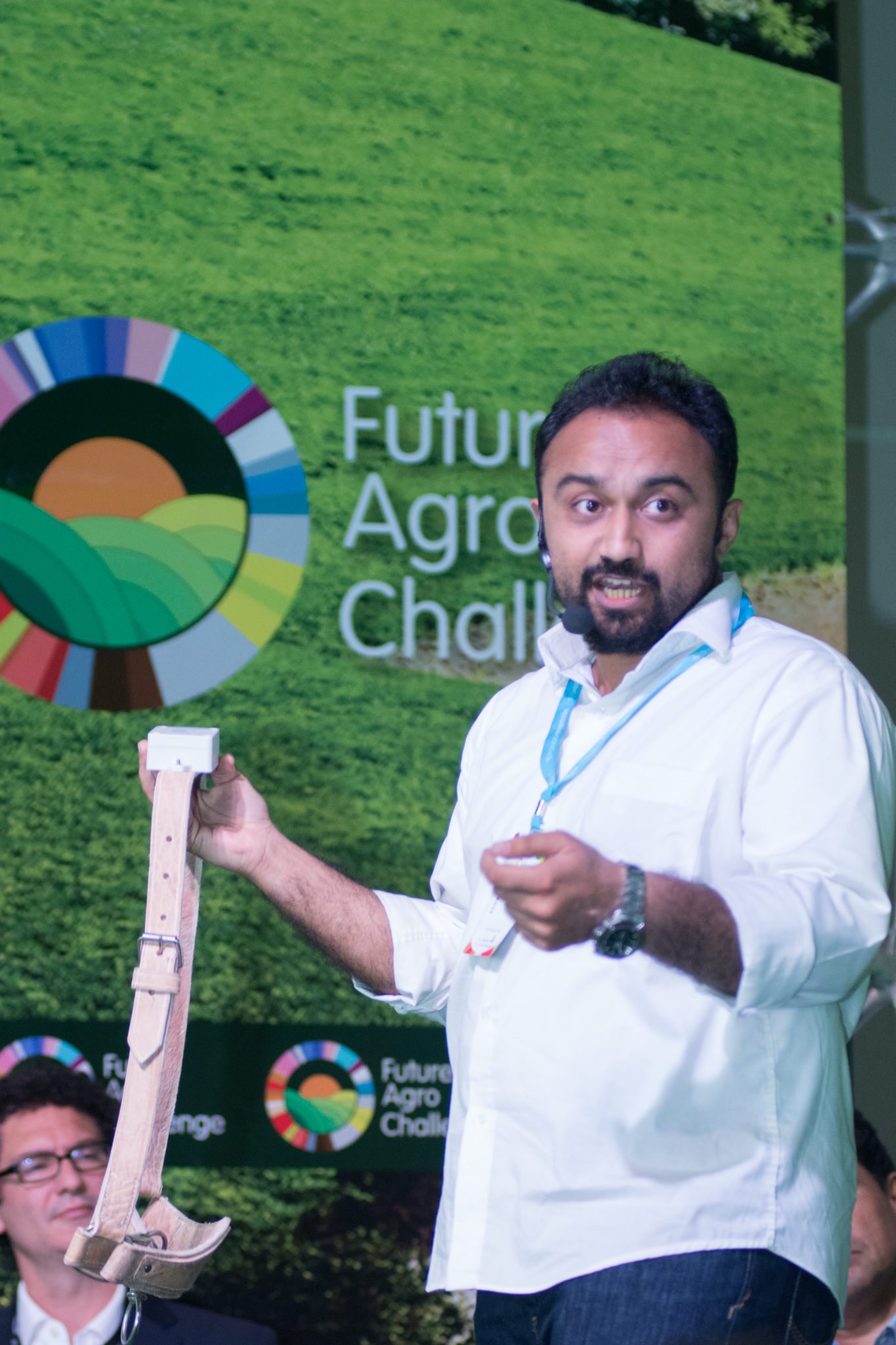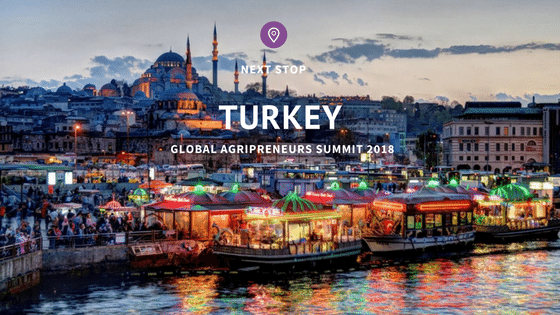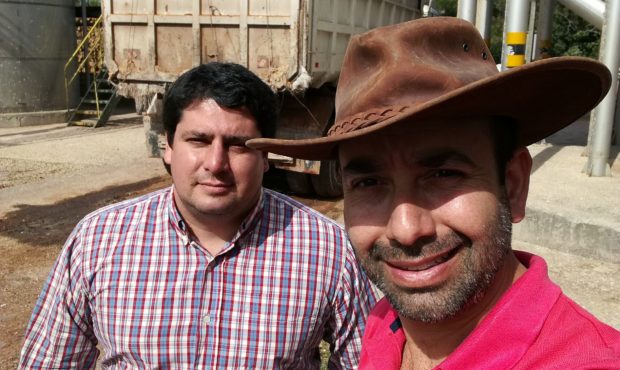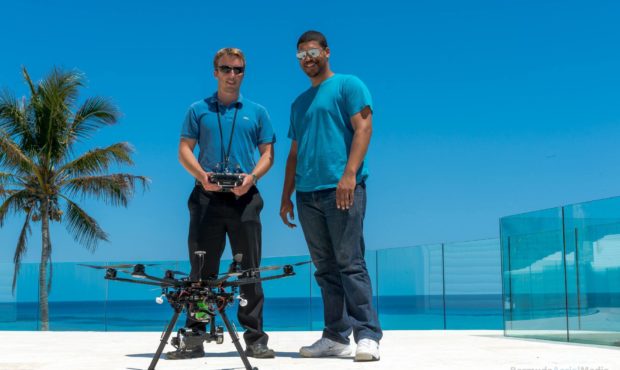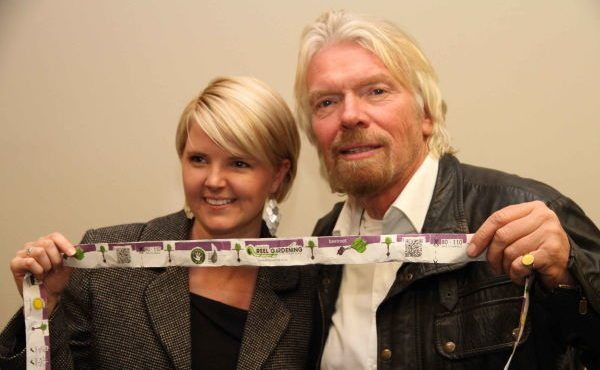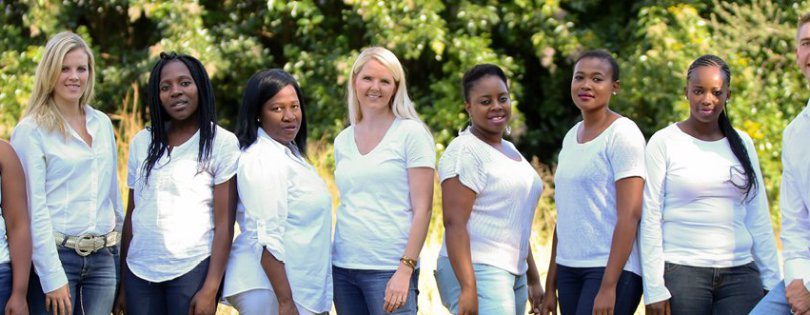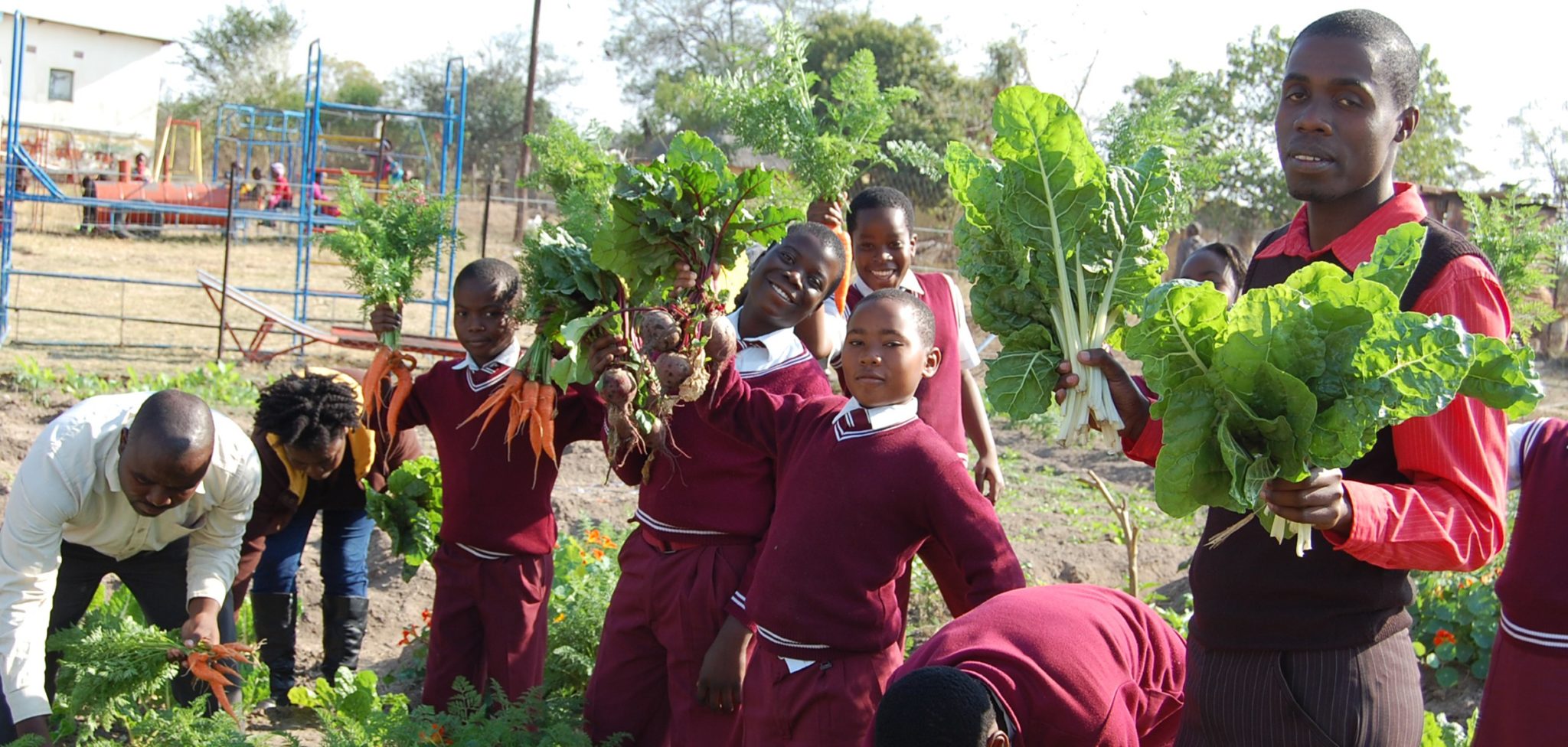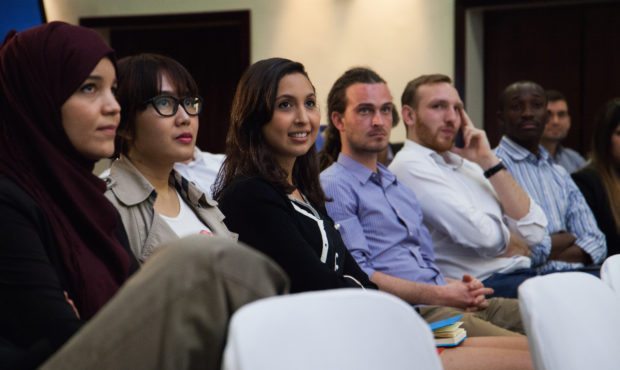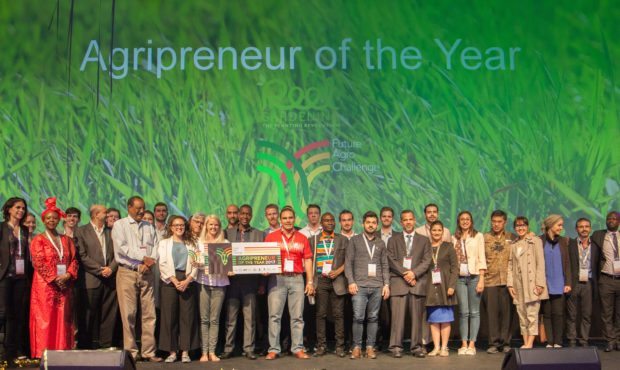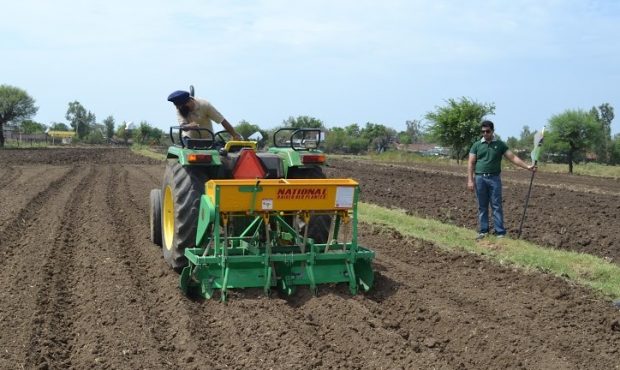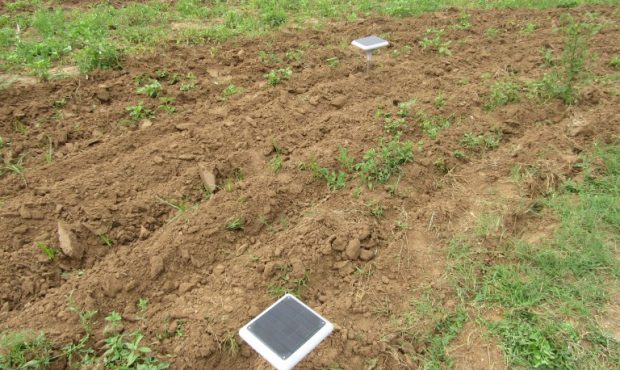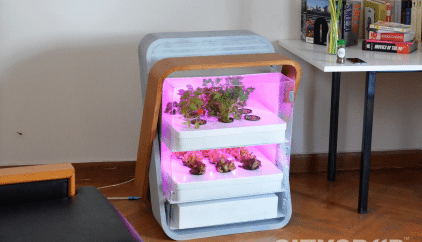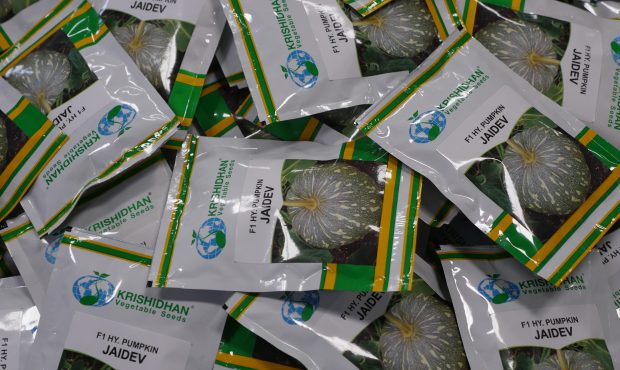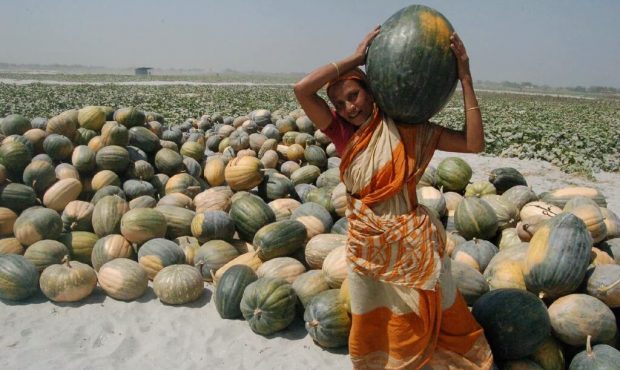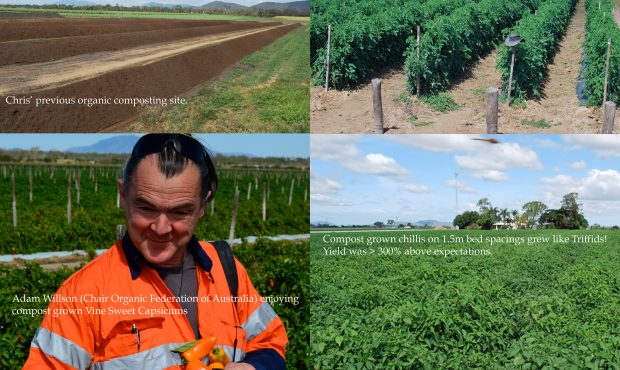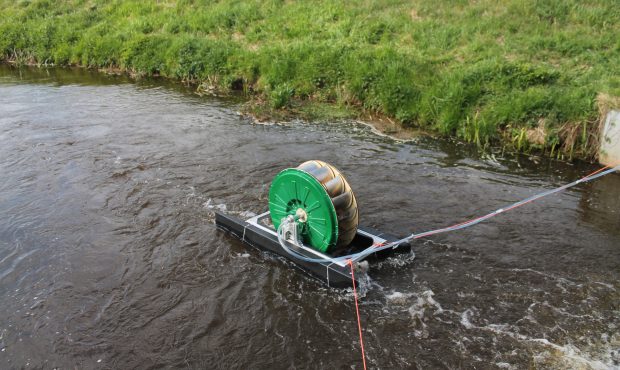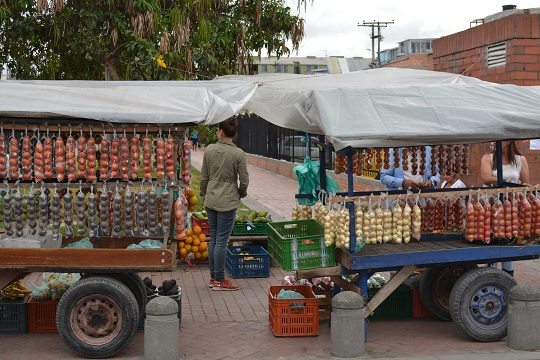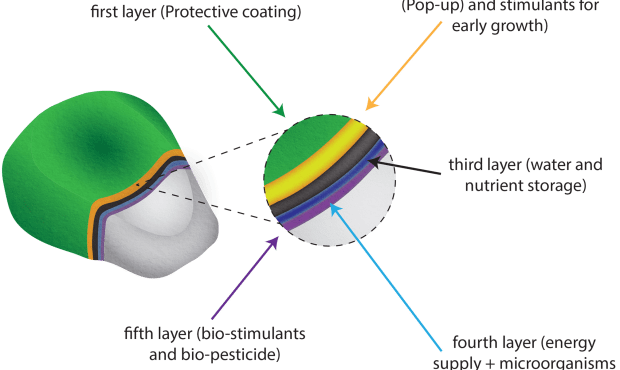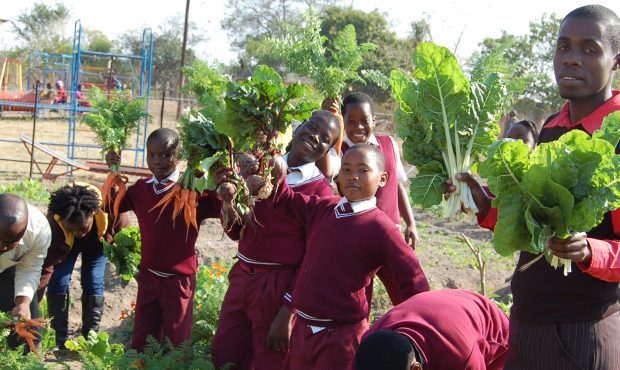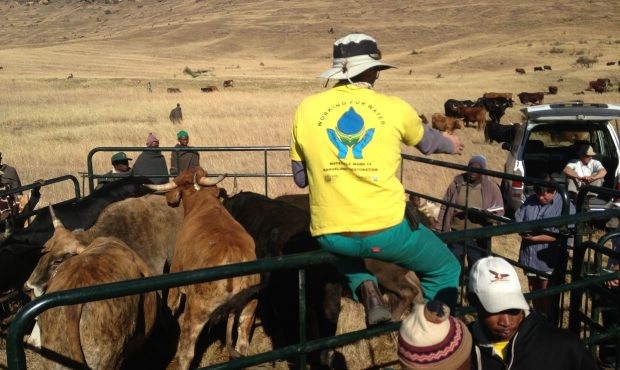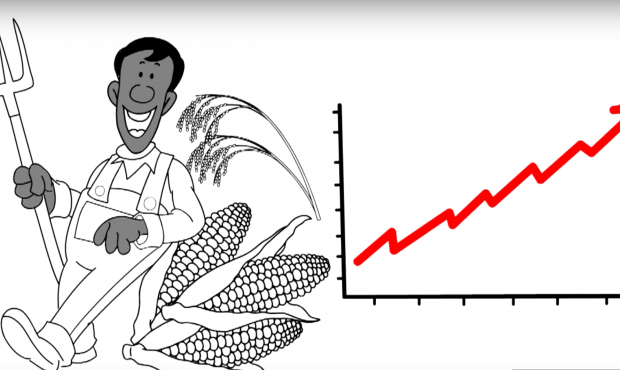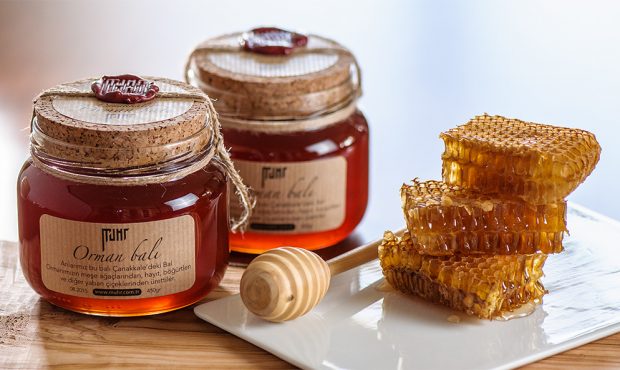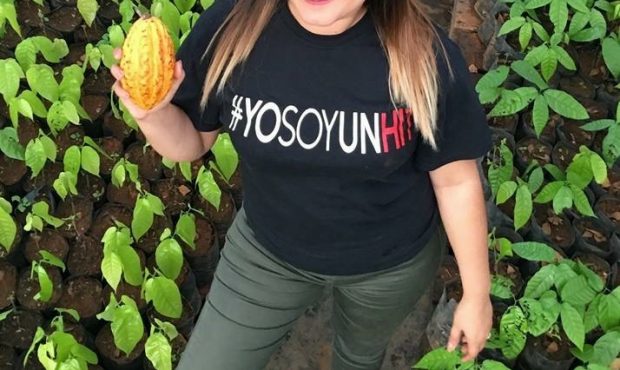If Peru has proven to be the leading country within LATAM in economic growth over the past 20 years, it has been partly thanks to the development of the agrifood sector. Agriculture in Peru accounts for 5.4% of GDP and employs 4 million Peruvians (24.2% of the PEA). Key indicators of this growth are that over the past decade, this sector has grown at an average annual rate of 3.2%, while agricultural exports increased from just US$119 million in 1990 to just over US$6 billion in 2019.
This surprising growth in agricultural exports was accompanied by a rapid diversification of the product range. In 2002, Peru exported 470 agricultural products; by 2019, the number had increased to 640, figures that also reflect the successful penetration of Peruvian exporters into a large number of new markets. Peru is a world leader in exports of asparagus, avocado, artichoke, mango, blueberries and table grapes.
Precisely because of being one of the world’s leading suppliers of these foods, it makes the agrifood sector particularly hit by the situation of COVID-19, for example, the avocado exporting campaign, which is at full start, has been affected by the restriction of mobilization of personnel for harvests and packaging plants, while the asparagus export campaign is affected by being its logistics chain mostly by air transport. Overall, what has been seen in recent weeks is that agricultural exports receded by between 25% and 28% from the start of quarantine to the last weeks of April, exacerbated by the decline in demand for products from Europe and the US. However, the current situation presents important challenges to seek solutions, for which there is a space to enhance the link between companies and entrepreneurs. As a starting point, there is an important space for the digitization and automation of field and industry work.
In Peru an interesting agtech ecosystem is developing, we can find a large number of startups that offer solutions, mainly to improve the production system, either from information obtained by remote sensors (satellites, aircraft, drones), big data, automation, always looking for greater efficiency in the use of resources, generating savings and lower environmental impacts. There is also the presence of an accelerator focused solely on agtech, as well as at least three incubators with this vertical as the main focus, in addition to an industry-focused venture builder (Investa VB). Naturally, Peruvian investment and seed capital funds also focus on the agrifood sector, due to their relevance of the sector in the Peruvian business fabric, however, in general investment funds for startups have not yet managed to achieve development in the country. From the government, Innovate Peru and Concytec have been supporting not only multiple industry-related ventures but micro, small, medium and large enterprises. Moreover, it is the second source of employment in the country, and 96% of this employment is informal.
This work that is done as a country, which work may be improved. Job creation and improvement of conditions and productivity can be exponentially enhanced with innovation and technologies that support food security, enhance sustainable use of biodiversity, increase productivity, improve mitigation of field/city migration, etc. We should not think of innovation as an exclusive tool for large companies, but rather a business tool that helps transform micro-entrepreneurs into small, medium-sized, etc. This process of transformation has not historically occurred in Peru and is one of the outstanding debts we have with society.
It is known that countries that grow sustainably in the long term, do so because of productivity increases, and this is growing, among other factors, by greater R&D. This thinking, while recognized, is not yet reflected in the political structure of the country, institutional reforms are needed to allow for a greater public budget for R&D, as well as, better conditions that encourage greater business spending, all this involves stronger policies. Specifically, in the agrifood sector, there is a debt outstanding from the government, the National Institute of Agricultural Innovation (INIA), requires a modernization approach, greater human resource, but above all a better company-research connection of the state. The research in the last 40 years, although it has had an impact on the small producer of potatoes, beans, maize among others, has not been the case with agro-export products. If in 20 years it could as a country multiply agro-exports by 50, can you imagine how much more could it be if the INIA accompanied this development? Well, this role can now be filled by researchers and entrepreneurs.
While progress is made in re-creating the production phase in the field, it remains to be explored, and disruptive, in the food or energy market, for example seeking to modify the sources of protein supply, replacing the animals with plant proteins of similar characteristics. Some efforts begin to appear, one of the examples is the creation of an innovation hub made up of several universities and many important players in the productive and food industry in the market. Peru is not only a country with a millennial tradition thanks to the Incas Empire, but in terms of biodiversity aspects, it is among the 10 most diverse countries on Earth, making it a “megadiverse country”, whether for its diversity of ecosystems, species or genetic resources. In conclusion, while the Peruvian agrifood sector faces great challenges, not only because of the dimension involved, but also because of the times available to solve them, it can be said that there is room for optimism.
About the Contributor
Investa VB, leading the Future Agro Challenge Peru, is an innovation agency with integrated services 360 Multidirectional Open Innovation between companies, startups and technology generation centers. Investa VB provides organizational culture conversion services to Innovation design of innovation conversion strategies into value company education in innovation and enlistment of Startups and Spinoffs
Agronegocios: Ecosistema en crecimiento en Perú
Si el Perú ha demostrado ser el país líder dentro de LATAM en crecimiento económico en los últimos 20 años, ha sido en parte gracias al desarrollo del sector agrifood. La agricultura en el Perú representa el 5.4% del PBI y emplea a 4 millones de peruanos (24.2% de la PEA). Indicadores claves de este crecimiento son que a lo largo de la presente década, este sector ha crecido a una tasa promedio anual de 3.2%, mientras que las exportaciones agrarias pasaron de sólo US$ 119 millones en 1990 a poco más de US$ 6,000 millones en el 2019.
Este sorprendente crecimiento de las exportaciones agrícolas estuvo acompañado de una rápida diversificación del rango de productos. En el 2002, el Perú exportó 470 productos agrícolas; para el 2019, el número había aumentado a 640, cifras que además reflejan la exitosa penetración de exportadores peruanos en un gran número de nuevos mercados. Perú es líder mundial en exportaciones de espárrago, palta, alcachofa, mango, arandano y uva de mesa.
Justamente por el hecho de ser uno de los principales proveedores mundiales de estos alimentos, hace que el sector agrifood este particularmente golpeado por la situación del COVID-19, por ejemplo la campaña exportadoras de paltas, que esta en pleno inicio, se ha visto afectada ante la restricción de movilización de personal para cosecha y plantas de empaque, mientras que la campaña exportadora de espárragos se encuentra afectada por ser su cadena logística mayoritariamente por transporte aéreo. En general, lo que se ha visto en las últimas semanas es que las exportaciones agrícolas retrocedieron entre 25% y 28% desde el inicio de la cuarentena hasta las últimas semanas de abril, agudizado por el retroceso de la demanda de productos de Europa y EEUU. Sin embargo, la situación actual presenta importantes desafíos para buscar soluciones, para lo cual hay un espacio para potenciar la vinculación entre las empresas y los emprendedores. Como punto de inicio, se da un importante espacio para la digitalización y automatización de labores de campo e industria.
En el Perú se va desarrollando un interesante ecosistema agtech, podemos encontrar un gran número de startups que ofrecen soluciones, principalmente para mejorar el sistema productivo, ya sea a partir de información obtenida por sensores remotos (satélites, aviones, drones), big data, automatización, buscando siempre una mayor eficiencia en el uso de los recursos, generando ahorros y menores impactos ambientales. También se tiene la presencia de una aceleradora enfocada únicamente en agtech, así como al menos tres incubadoras con esta vertical como foco principal, además de una venture builder enfocada en el sector (Investa VB). De manera natural, los fondos de inversión y capital semilla peruanos también se enfocan en el sector agrifood, debido a su relevancia del sector en el tejido empresarial peruano, sin embargo, en general los fondos de inversión para startups aún no han logrado alcanzar un desarrollo en el país. Desde el gobierno, Innovate Perú y Concytec vienen apoyando no sólo a múltiples emprendimientos relacionados con la industria sino a micro, pequeñas, medianas y grandes empresas. Más aún al ser la segunda fuente de empleo en el país, y siendo el 96% de este empleo, informal.
Esta es una labor que se tiene como país, labor que puede mejorarse. La creación de empleo y mejora de las condiciones y de la productividad puede ser potenciada exponencialmente con innovación y tecnologías que apoyen en seguridad alimentaria, potenciamiento el uso sostenible de la biodiviversidad, incremento de productividad, mitigación de la migración campo/ciudad, etc. No debemos pensar en la innovación como herramienta exclusiva de grandes empresas sino en una herramienta empresarial que ayude a transformar a los microempresarios en pequeños, a pequeños, en medianos etc. Este proceso de transformación no se ha dado históricamente en el Perú y es una de las deudas pendientes que tenemos con la sociedad.
Es sabido que los países que crecen sosteniblemente en el largo plazo, lo hacen por los incrementos de productividad, y esta crece, entre otros factores, por una mayor I+D+i. Este pensamiento, si bien es reconocido, aún no tiene un reflejo en la estructura política del país, son necesarias reformas institucionales que permitan un mayor presupuesto público para la I+D+i, así como mejores condiciones que animen a un mayor gasto de las empresas, todo esto pasa por establecer políticas más contundentes. Específicamente en el sector agrifood, existe una deuda pendiente desde el gobierno, el Instituto Nacional de Innovación Agraria (INIA), requiere de modernización, enfoque, mayor recurso humano, pero sobre todo una mejor conexión empresa-investigación del estado. Lo investigado en los últimos 40 años si bien ha tenido un impacto en el pequeño productor de papas, menestras, maíz entre otros, no ha sido así con los productos de agroexportación. Si en 20 años se pudo como país multiplicar por 50 las agroexportaciones, se imaginan por cuánto más pudo ser si el INIA acompañaba este desarrollo? Bueno, este rol ahora lo pueden suplir los investigadores y emprendedores.
Si bien se avanza en revolucinar la fase productiva en campo, aún queda por explorar, y ser disruptivos, en mercado de alimentos o de energías, por ejemplo buscando modificar las fuentes de provisión de proteínas, sustituyendo las animales por proteínas vegetales de características similares. Algunos esfuerzos empiezan a aparecer, uno de los ejemplos es la creación de un Hub de innovación formado por varias universidades y muchos actores importantes de la industria productiva y alimentaria en el mercado. El Perú no sólo es un país con una tradición milenaria gracias al Imperio de los Incas, sino que en cuanto a aspectos referentes a la diversidad biológica, se encuentra entre los 10 países de mayor diversidad de la Tierra, lo que lo hace un “país megadiverso”, ya sea por su diversidad de ecosistemas, de especies o de recursos genéticos. Como conclusión, si bien el sector agrifood peruano enfrenta grandes desafíos, no solo por la dimensión que implican, sino también por los tiempos con que se cuenta para resolverlos, se puede decir que hay lugar para el optimismo.
Escrito por Investa VB: Investa VB es una agencia de innovación con servicios integrados 360 Innovación Abierta multidireccional entre compañías, startups y centros de generación de tecnología. Brinda servicios de conversión de cultura organizacional hacia la Innovación diseño de estrategias de conversión de la innovación en valor empresa educación en innovación y alistamiento de Startups y Spinoffs


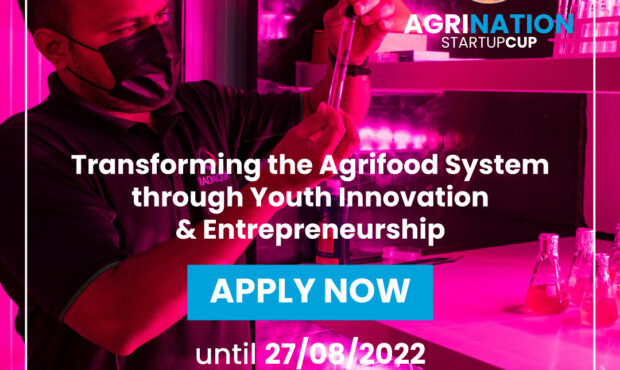
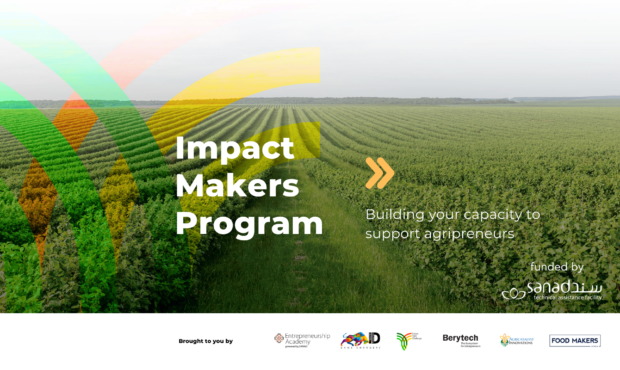

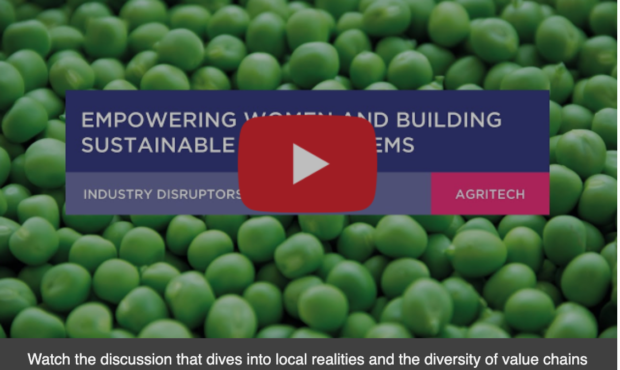
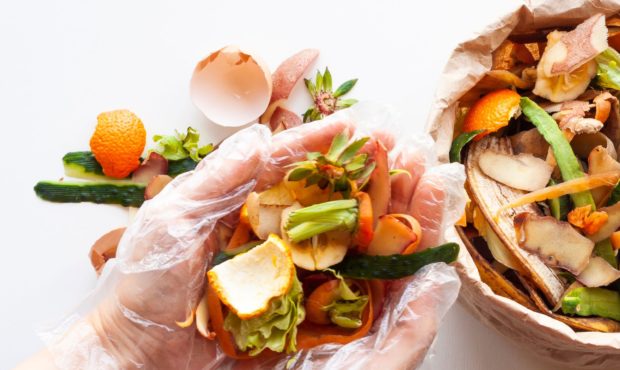
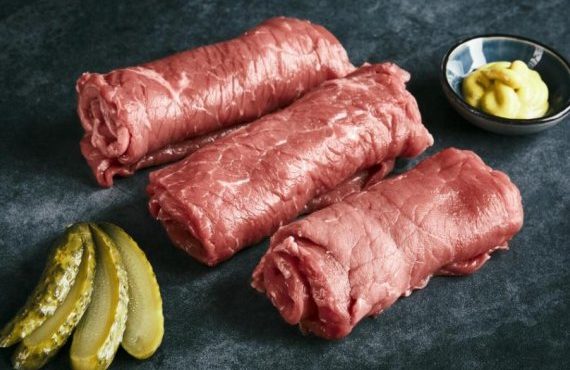
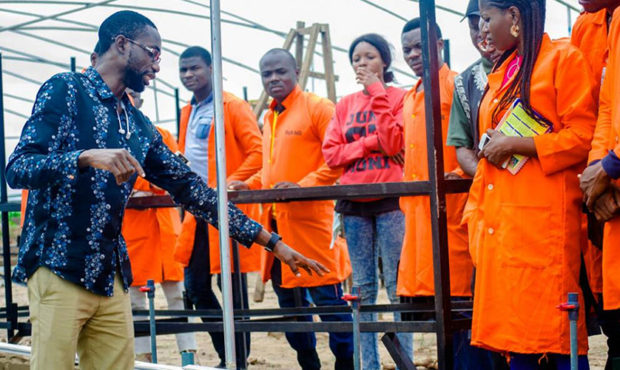
 Source: The GreenRise Hub Nigeria (2017).
Source: The GreenRise Hub Nigeria (2017).